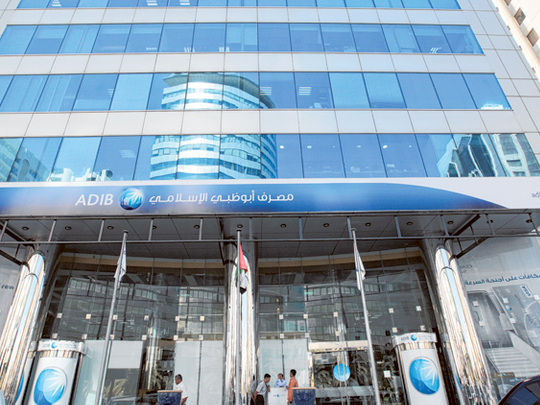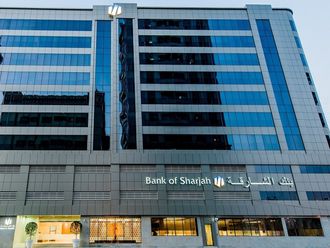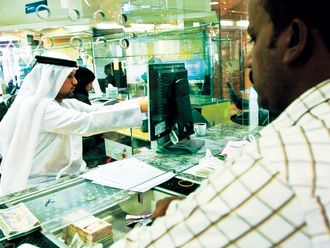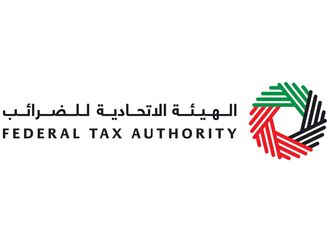
Dubai: The Islamic banking profit pool across key markets such as Qatar, Indonesia, Saudi Arabia, Malaysia, UAE and Turkey are expected to exceed $25 billion by 2018, according to latest projections by EY.
Specialists at EY’s Global Islamic Banking Center have forecast that the global Islamic banking assets with commercial banks are on course to exceed $3.4 trillion by 2018, fuelled by growing economic activity in these core Islamic finance markets which reported combined profits of $10 billion for the first time at the end of 2013.
“While the profit numbers for Islamic banks are impressive, they are still, on average, 15-19 percentage points lower than traditional banks in these markets. Regionalisation and operational transformation, which are currently underway in several leading Islamic banks, will help to close this gap,” said Ashar Nazim, Global Islamic Finance Leader at EY
There is significant growth potential for the industry. There are an estimated 38 million customers who bank with Islamic retail banks globally, but only a small number of these customers have fully transitioned from a traditional to an Islamic banking relationship. The average number of Islamic banking products per customer is just over two, whereas leading traditional banks have an average of five products per customer.
“Building consumer confidence through service excellence, especially when it comes to customers opening accounts and cross-selling can increase the market share of Islamic banks by 40 per cent from these customers,” comments Ashar.
According to a recent survey of around 1,000 retail banking customers in the UAE, Egypt, Turkey, Indonesia and the UK commissioned by Abu Dhabi Islamic Bank (ADIB) majority of customers found their existing banks performed poorly in the areas related to basic ethics (lack of transparency, hidden fees, not suggesting the right products and not protecting customers’ best interests).
Best industry practices
When compared with conventional banks, Islamic banks were perceived as treating customers as partners and being more transparent but were also viewed as lacking in applying best industry practices and delivering simple banking experience.
“There is great demand for ethical banking globally; Islamic banks have a unique opportunity to meet this unmet demand, because ethics are core to their foundation. They need to focus on substance, rather than on form, innovate to make their products and services simple and straight forward. This will give them universal appeal and drive future growth,” said Tirad Al Mahmoud, Adib CEO.
The “Banking as it should be” survey also showed that in Indonesia, Egypt, the UAE, and Turkey, 76 per cent trusted the banking sector, in contrast with only 21 per cent in the UK where people placed banking on the bottom of a list of industries in terms of trust.
The number of customers prepared to bank with an Islamic bank increased by 30 per cent when they were informed about the key principles and values of Islamic banking. Specifically in the UK, the number jumped four fold.
“This shows that the appeal of Islamic banking grows beyond our traditional markets when we focus our proposition around ethical behaviour,” said Al Mahmoud.
EY analysts said small and medium enterprises are a major opportunity for Islamic banks that offers cross-border business growth.
“With increasing trade and capital flows between Turkey, Middle East and Asia Pacific, there is growing appetite to learn about Islamic financial solutions from clients and investors in these markets. Similarly, linking with world growth engines like China and India is becoming more important to help build business bridges between these high potential markets,” adds Gordon Bennie, EY’s Mena Head of Financial Services.












